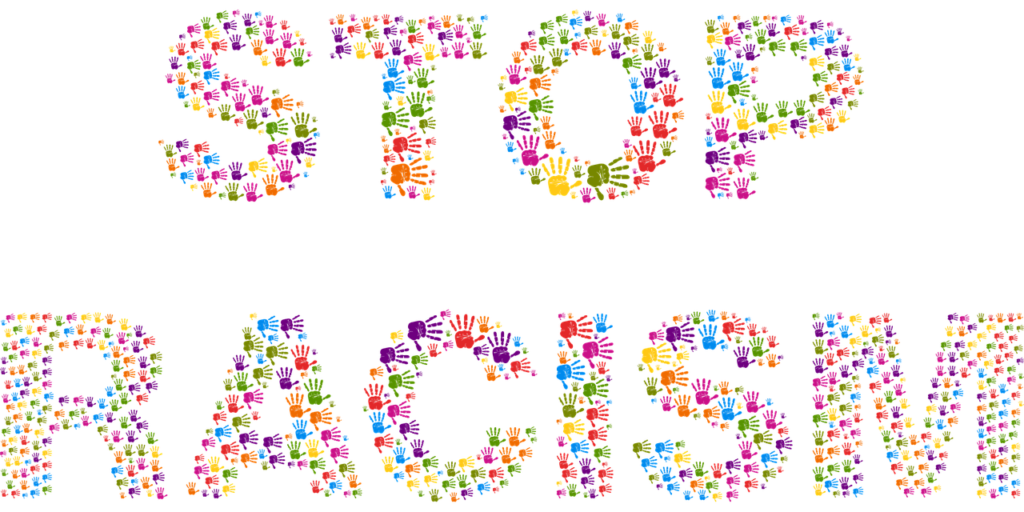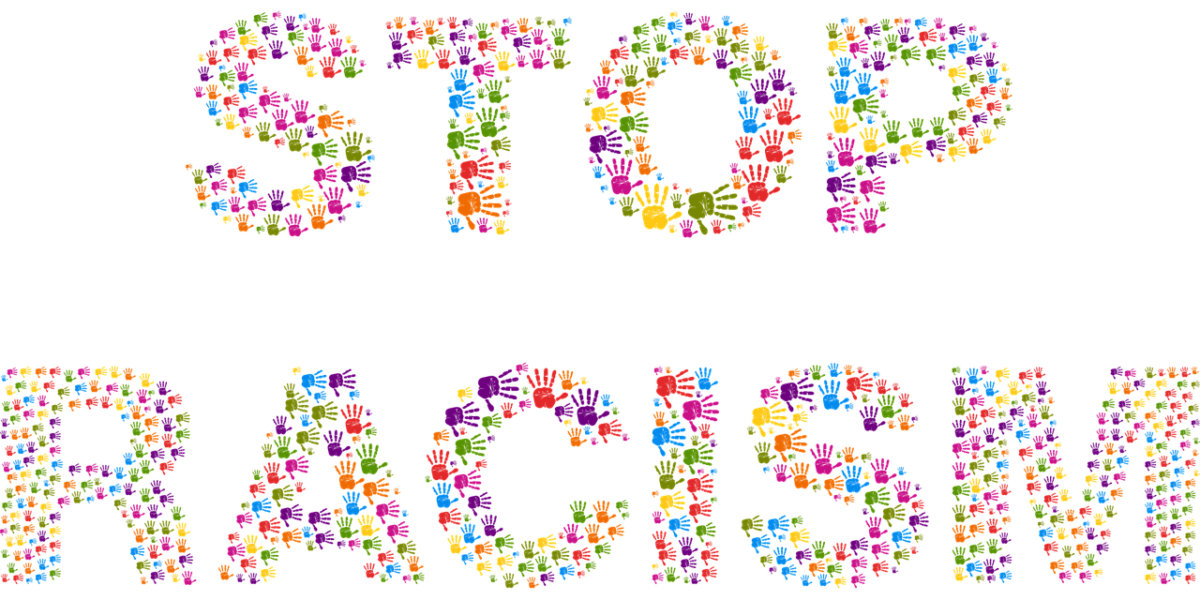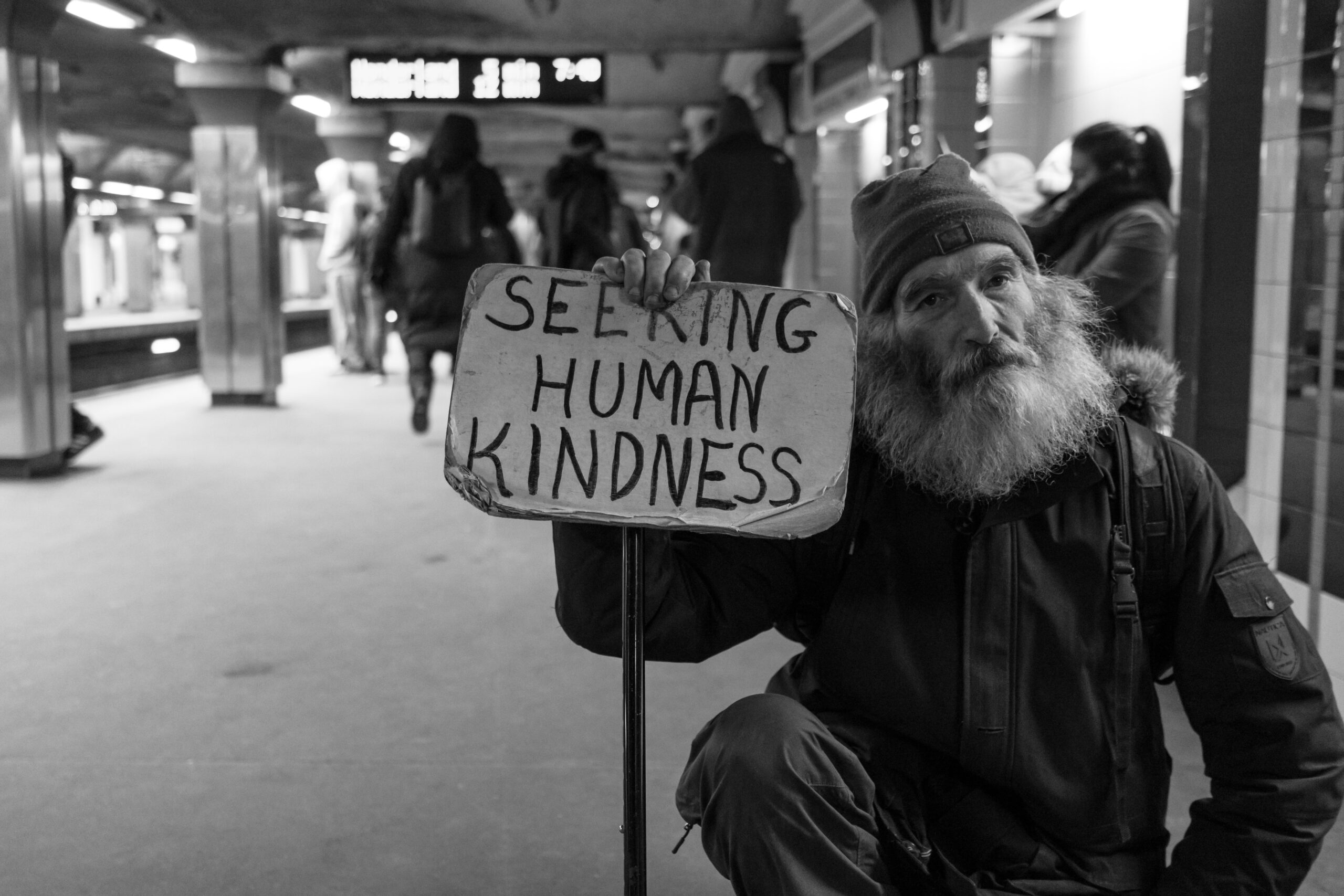
I’m sure most of you are expecting me to use this week’s column to speak to the Black Lives Matter protests that have ignited this nation in the wake of the tragic murder of George Floyd by four Minneapolis police officers. I am sorry to disappoint you, but I just don’t have it in me. You’ll excuse me for my pessimism, but I actually wrote about this back in 2016 in an article entitled “It’s Not That Black and White” that centered on the racial conflagrations that erupted in Ferguson, Missouri when Michael Brown was wrongfully shot to death by police. I’m sorry, but not enough has happened to change things since then, and I’m not sure that a white man in his late 40’s really has any perspective to speak on the injustices that are still inherent to our nation’s racial context.
After all, I am the very definition of “white privilege”. I grew up in a predominately white suburb in central Connecticut known for its outstanding schools and “safe” neighborhoods. This top-rate education and financial support of my parents afforded me the opportunity to earn a degree at an elite liberal arts college that would translate into a stable job and a reasonable income. Much of my success can be directly attributed to the color of my skin. But does that make me a racist?
No, of course it doesn’t, but it does say something about my parents. You see, my mom chose to live in the quaint New England hamlet of Farmington, Ct in large part because of those schools and the neighborhood that surrounded it. Now on the surface, my mom was no racist. She taught me from Day 1 to love and respect all people regardless of their race, gender, etc. But that wasn’t just lip service coming from my mom. In the midst of the social upheaval of the Civil Rights movement of the 1960’s, my mother dated an African-American man while at boarding school. I am pretty sure she considered him to be the love of her life (sorry, Dad!), and though they parted ways after high school, they still corresponded for years after that and he even wrote to me after my mother’s death. Interracial dating may not seem like a big deal now, but I was always proud of my mom for having the guts to stick to her beliefs even at a time when such relations were considered scandalous and immoral by many. Through her actions, my mom taught me to fight against the social injustices of racism.
And yet, what did my mom see that made her move us to Farmington, CT? My hometown looked a lot like a J. Crew catalogue from the 1980’s: mostly white kids from affluent families. While my mom was not making a decision based on race, it did have subtle racial overtones to it nonetheless. My mom might have been open-minded, but she also wanted her son to have all the advantages white privilege had to offer.
Back before Robert Lopez teamed up with the guys from South Park to create The Book of Mormon, he helped write a musical called Avenue Q that used puppets to satirize life in urban America. One of the songs from Avenue Q is a catchy little ditty called “Everybody’s a Little Bit Racist” that highlights how even folks that consider themselves to be highly evolved in terms of race carry with them a little bit of nuanced racism that emerges in particular settings, especially when one’s underlying welfare is at stake. The reality of racism is that it simply isn’t a matter of black and white as to whether or not someone is a racist. You can’t just lump people into two baskets of either “racist” or “non-racist”. Rather, it is an evolving continuum, and everyone falls somewhere on that spectrum.
Take for example the case of Amy Cooper, the young woman who was asked by a black birdwatcher to put her dog on a leash while she was walking through Central Park in New York City. When confronted politely by the man, she threw a hissy fit of epic proportions and called the police on him, telling them that she was being harassed by an African-American man. The video of this incident went viral, and she became an anathema to the entire country who quickly and decisively labeled her as a racist. While her actions during those circumstances were clearly racist, she is also a left-leaning liberal who donated to Obama’s presidential campaign. The case, you see, is not so simple.
Likewise, I had a friend years ago who told me of her experience of walking through Washington D.C. during the L.A. riots in the early 90’s. A longtime defender of equal rights for all who very much supported the protests both then and now, she acknowledged to me that when she saw a group of black men approaching her on the same side of the sidewalk, she feared for her safety as a white woman in the midst of racial tension and crossed the street to walk on the other side. She hated herself for that act, knowing that it indicated a piece of her perspective she did not want to admit.
But don’t think I am getting off easy and standing above all this. While I like to think I was raised to be immune to this type of subconscious racial discrimination, I had an opportunity recently to see my own latent racism on full display when a former classmate of mine posted our 6th grade class photo on Facebook. Scanning the faces, I chuckled with nostalgia as I recognized the vast majority of my now adult peers. But of the 4 people I could not name, I realized a disturbing trend: Two of the four were the only two African-Americans in my class.

Had I really been a 6th grade racist? Not intentionally of course, but this revelation suggested a less direct impulse regarding race. Unconsciously, I had allowed my social circle to be shaped and informed by race. Does that put me in the same camp as the white supremacists that came out in full force in Charlottesville a few years back? Of course not, but if we are going to really make in-roads into our nation’s lingering racial divide, we need to be honest about our deeply-help perspectives and address the latent biases that we harbor there. We may not be able to undo the discrimination that afforded us white privilege in the first place, but those of us who have benefitted from white privilege owe it our black brothers and sisters to take an honest look at ourselves to see the subtle racial perspectives that help keep that privilege in place.
Steven Craig is the author of the best-selling novel WAITING FOR TODAY, as well as numerous published poems, short stories, and dramatic works. Read his blog TRUTH: In 1000 Words or Less every THURSDAY at www.waitingfortoday.com





